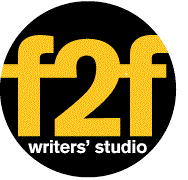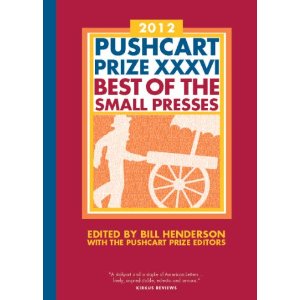 Writers’ Studio is an innovative model for first-year composition at Arizona State University. We offer an online version of Writers’ Studio for ASU Online and iCourse students and f2f version on the Downtown Phoenix campus. Based on award-winning models for composition from schools across the country, F2F Writers’ Studio and Writers’ Studio Online is bringing together a diverse community of award-winning faculty, staff, writing fellows, and students to rethink how writing is taught and learned. Together this highly collaborative team develops research and writing projects that engage “real-world” civic, academic, and professional issues through project-based learning in a collaborative environment.
Writers’ Studio is an innovative model for first-year composition at Arizona State University. We offer an online version of Writers’ Studio for ASU Online and iCourse students and f2f version on the Downtown Phoenix campus. Based on award-winning models for composition from schools across the country, F2F Writers’ Studio and Writers’ Studio Online is bringing together a diverse community of award-winning faculty, staff, writing fellows, and students to rethink how writing is taught and learned. Together this highly collaborative team develops research and writing projects that engage “real-world” civic, academic, and professional issues through project-based learning in a collaborative environment.
Writing Fellows are an integral part of the instruction and facilitation of Writers’ Studio courses at Arizona State University. As a Writing Fellow, you will extend writing support to faculty and first-year composition students in the Writers’ Studio by:
• Enrolling in ENG 484/584 for 3 credits (if you haven’t already taken it)
• Attending a full day orientation
• Attending weekly one-hour meetings with a full-time faculty member or program coordinator
• Tracking student participation in the Writers’ Studio classroom/laboratory and on Blackboard
• Facilitating small group discussions, writing activities, and workshops
• Providing feedback on early drafts of writing projects and portfolio content
Minimum Qualifications:
• ASU student in good academic standing with a minimum of 25 ASU credits
• Demonstrated academic writing skills at the college-level
• Experience with small group activities (as a participant or leader)
Desired Qualifications:
• A curiosity to expand knowledge regarding teaching and learning at the college-level
• A desire to help forge a community of undergraduate writers striving for excellence and future preparedness.
• Evidence of leadership experience (e.g. small group facilitation, large group facilitation)
• Evidence of writing center experience
• Evidence of presentation and/or public speaking experience
• Evidence of experience with technology-assisted instruction
• Evidence of editing experience
• Evidence of writing accomplishments (e.g. awards, publications, other recognitions)
• Affiliation with the Barrett Honors College, the Mary Lou Fulton Teachers College, the English Department, the Cronkite School of Journalism, or a related academic program where excellence in writing is rigorously practiced
Instructions to Apply:
Access the job advertisement here (https://students.asu.edu/employment/search), using the following job/requisition id: 9397BR.
Please merge into one (PDF) file the following materials: (1) a one-page letter in which you specify whether you are applying for an online or f2f position and outline your qualifications and reasons for your interest in the position, (2) a current résumé, (3) unofficial transcripts, and (4) the names and contact information of three academic references.
Job Title: Writing Fellow
Job ID: 9397BR
Location: Online or Downtown Phoenix Campus
Rate of Pay: $10.50 – $11:45 per hour; DOE
For more information you can contact:
Angela Clark-Oates
Course Manager, Writers’ Studio
Angela.Clark-Oates@asu.edu
Mark Haunschild
Coordinator, F2F Writers’ Studio
Instructor of English
mark.haunschild@asu.edu
602-496-1372

